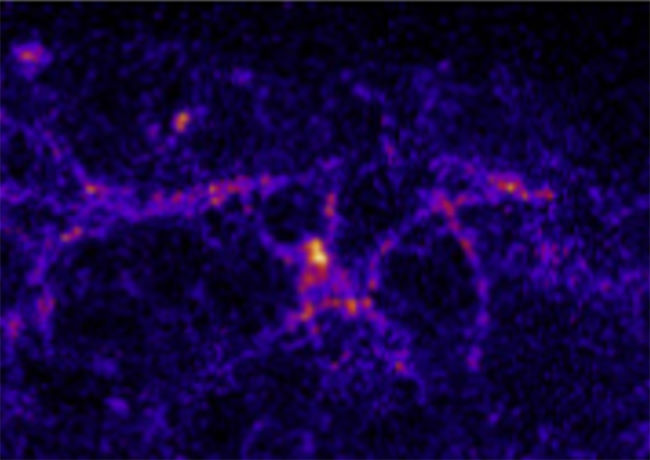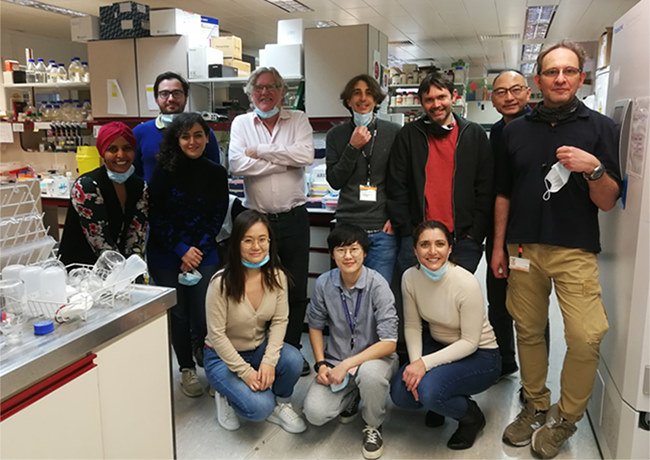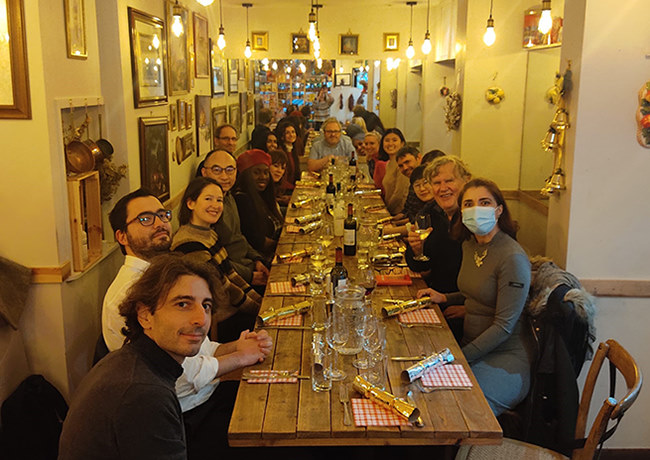Molecular Nociception Group
Our research focus
The twenty-first century has seen a revolution in our understanding of the receptor systems and regulatory pathways that underlie the responses of nociceptors to the occurrence of tissue damage. This has important implications for human health and disease. Our group combines recombinant DNA technology, electrophysiology, in vivo imaging, gene targeting and behavioural approaches to explore the channels, receptors, transcription factors and regulatory pathways that control nociceptor excitability. Both mouse and human genetics are providing clues to key analgesic drug targets. UCL provides an exciting environment for basic neuroscience and clinical interactions. We collaborate with research groups in Europe, the United States, Korea, Japan and Australia, using transgenic mouse models, natural products and cloned genes to explore the physiology of pain perception. The systems we study have a broad relevance to understanding how the nervous system works in terms of synaptic plasticity, responses to environmental stimuli, sensation and behaviour.
 Close
Close







